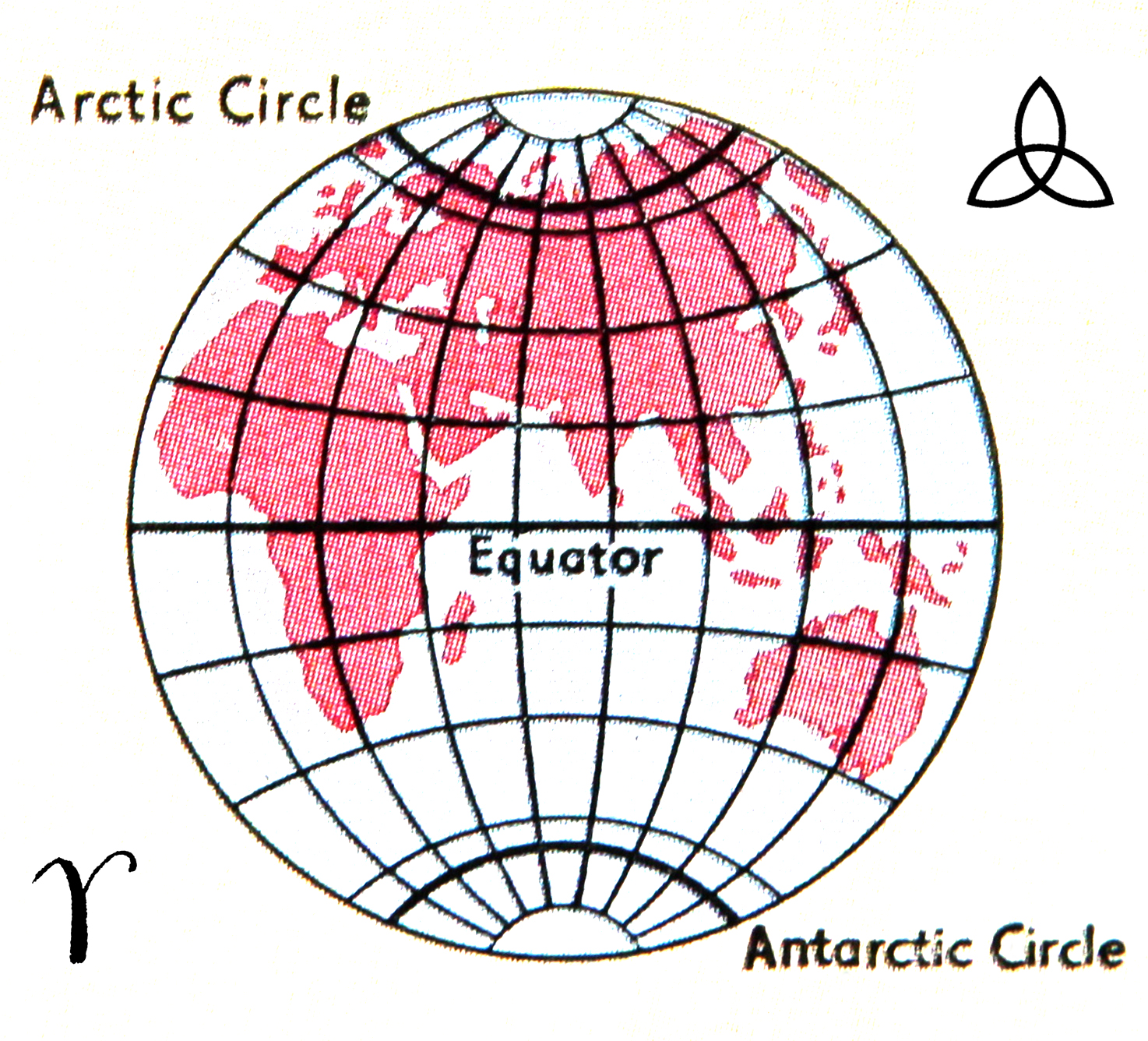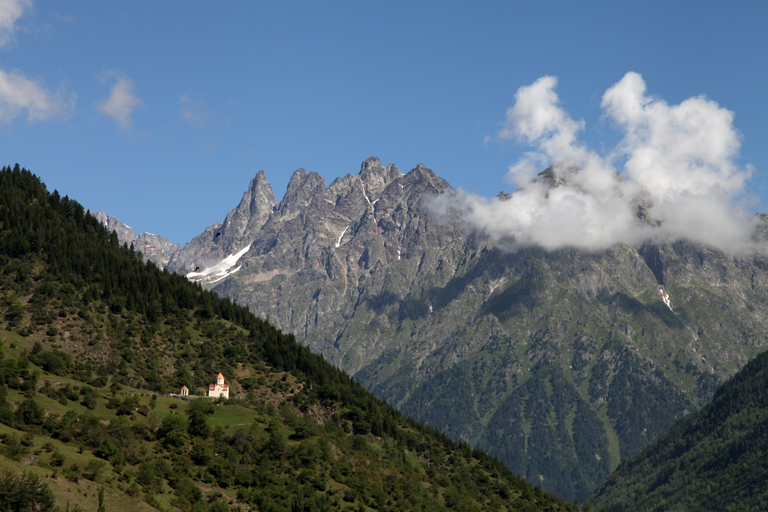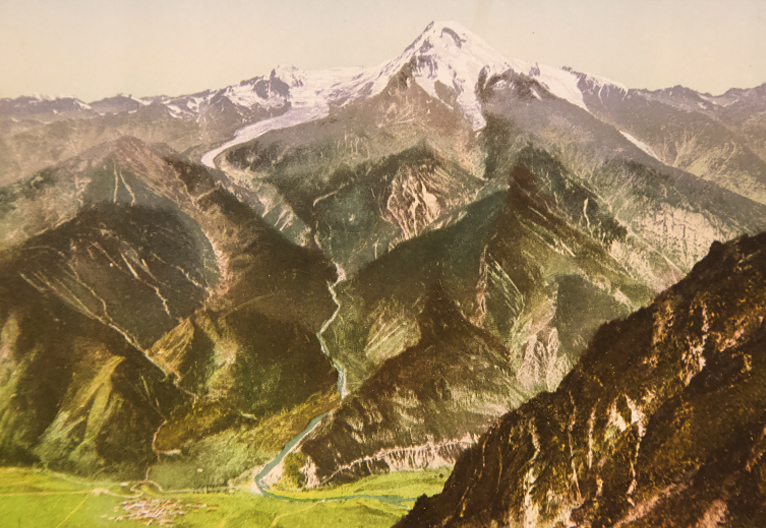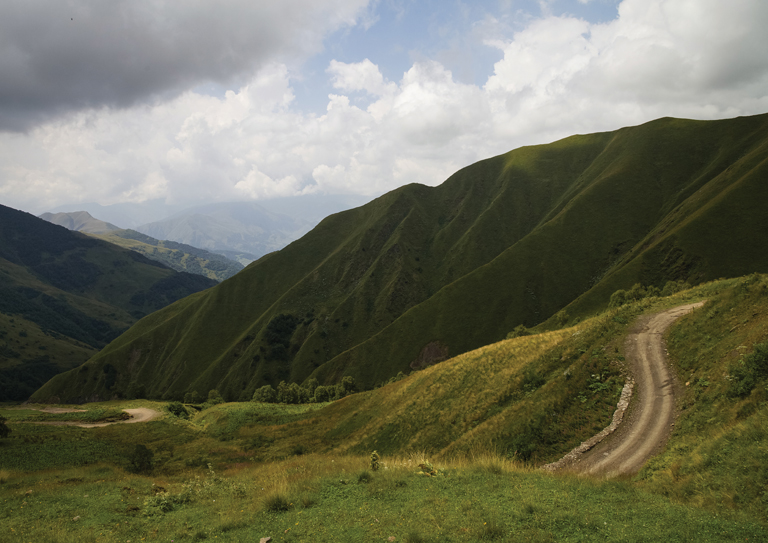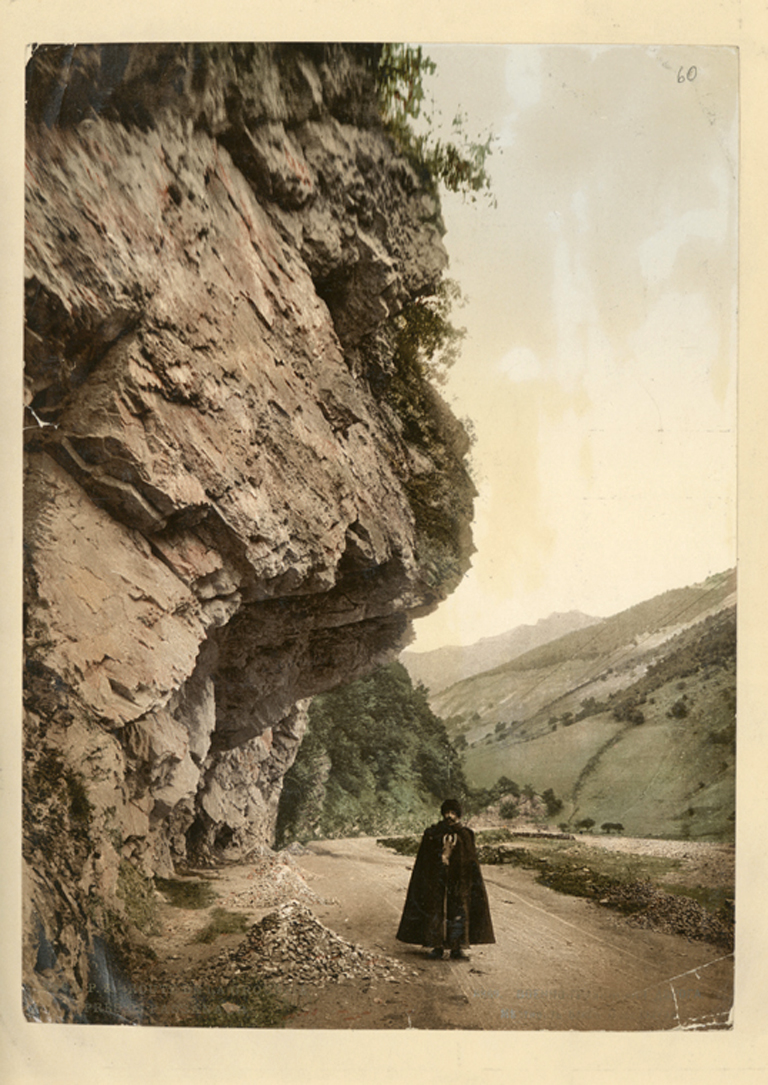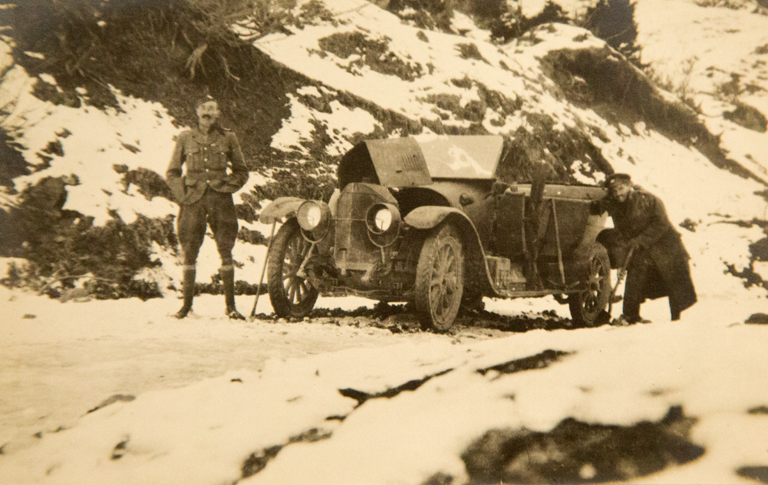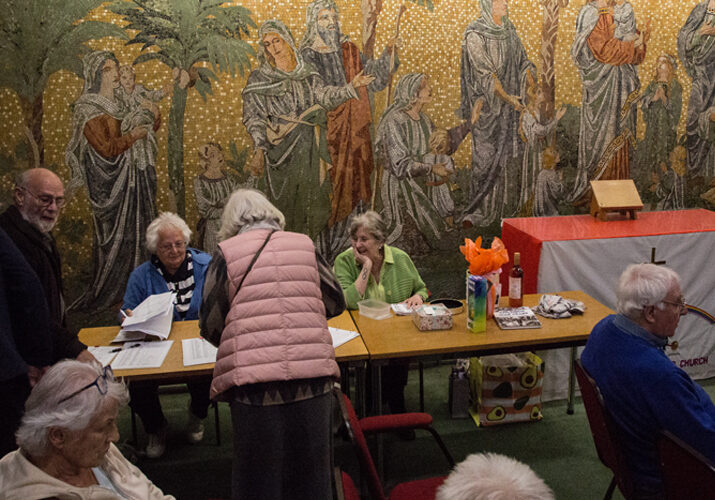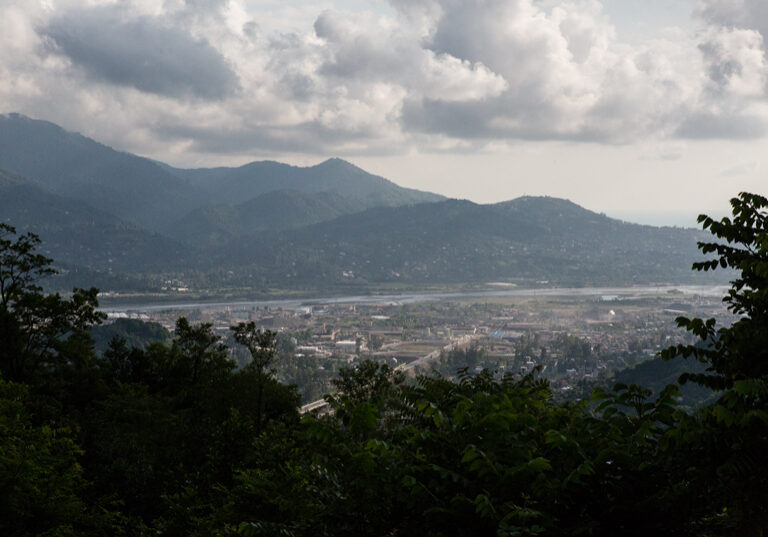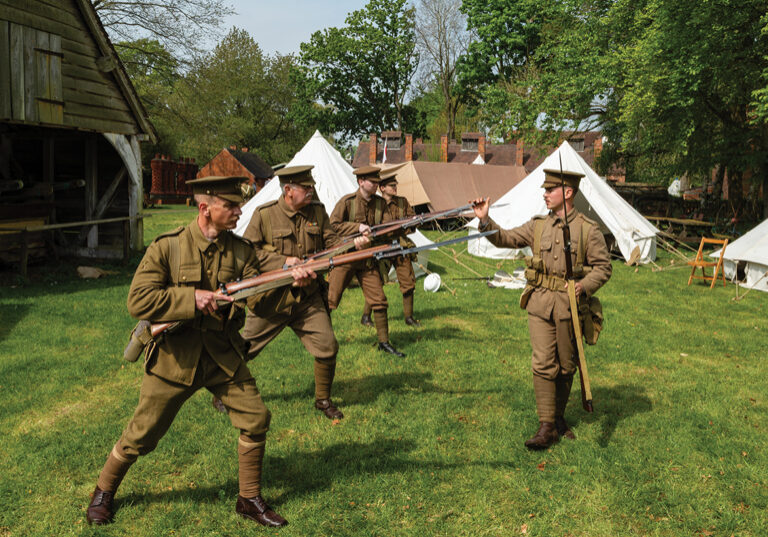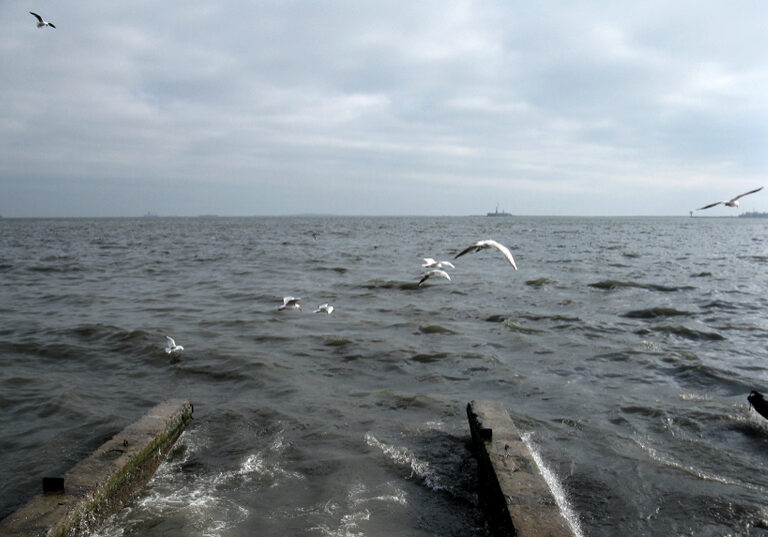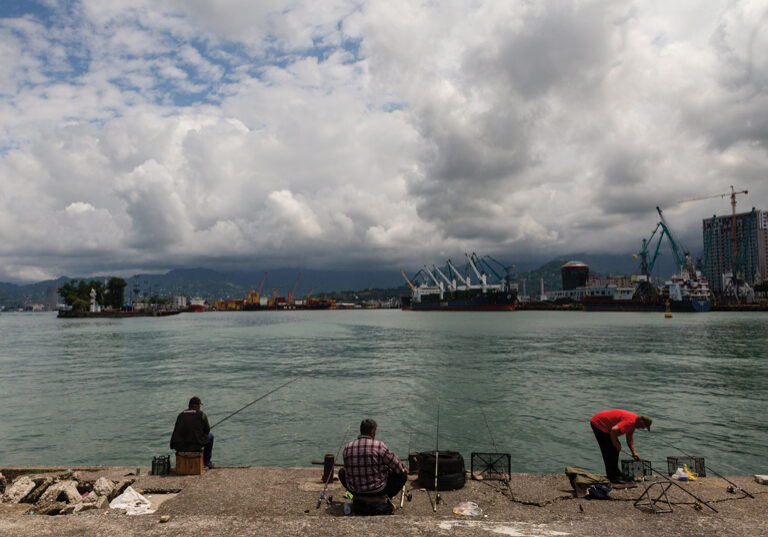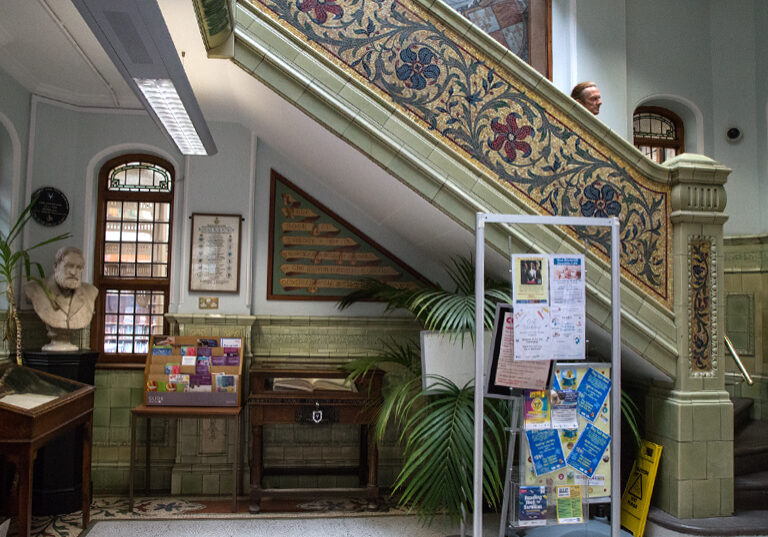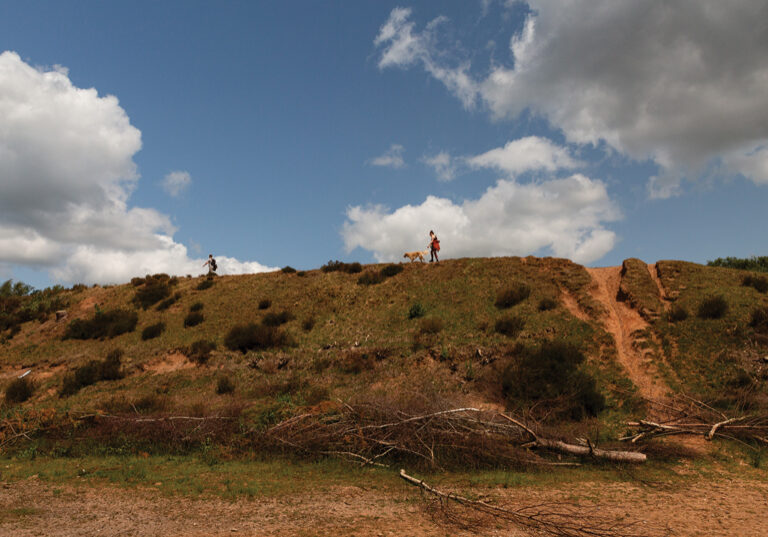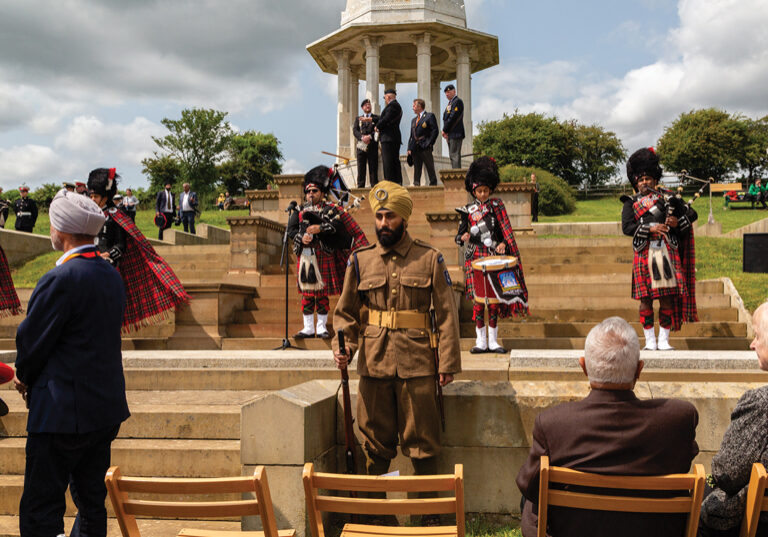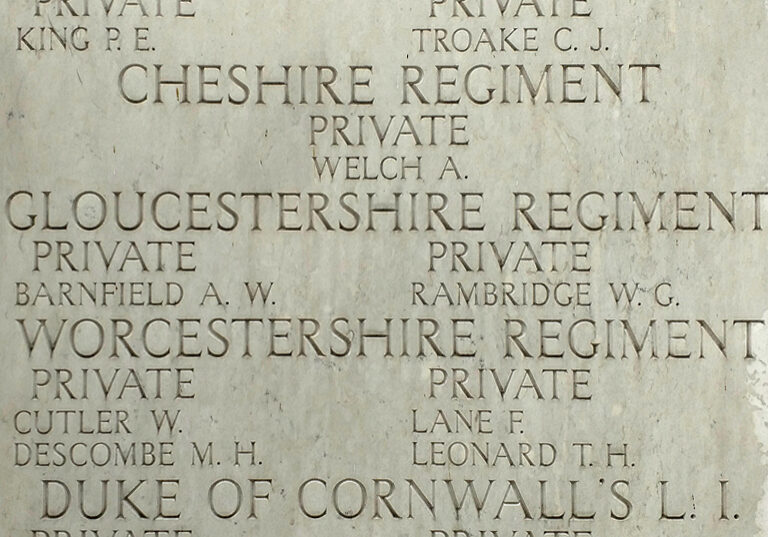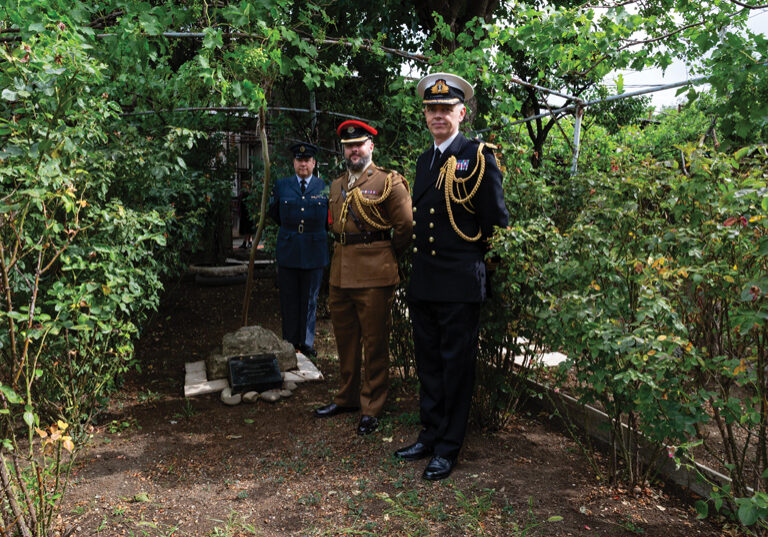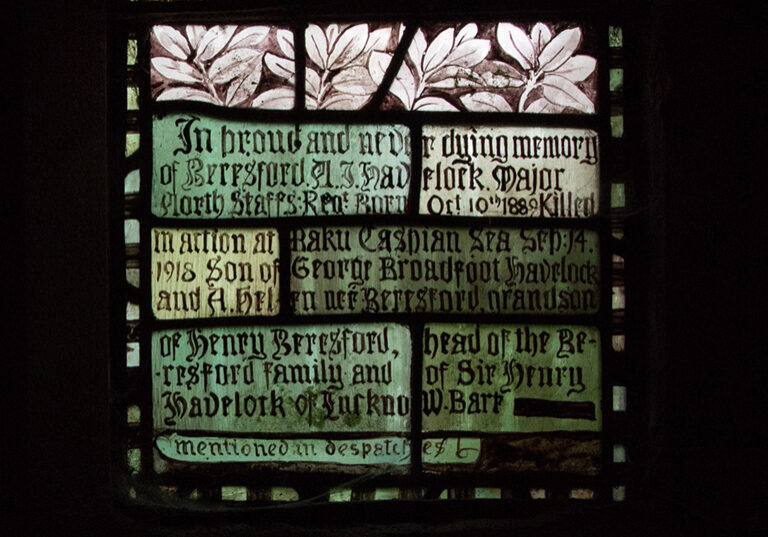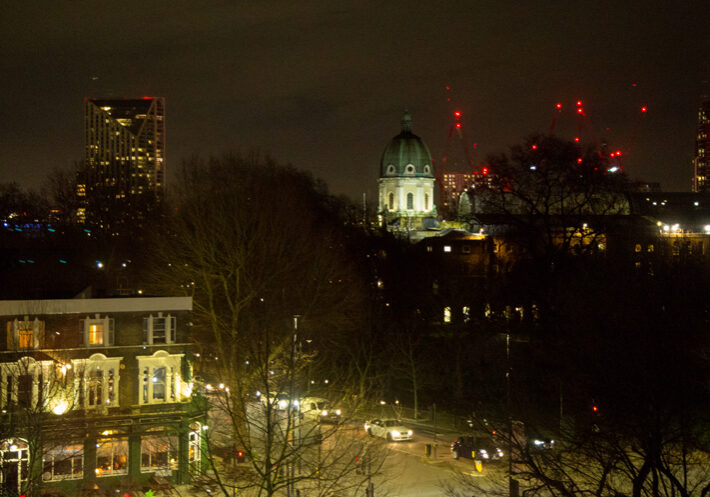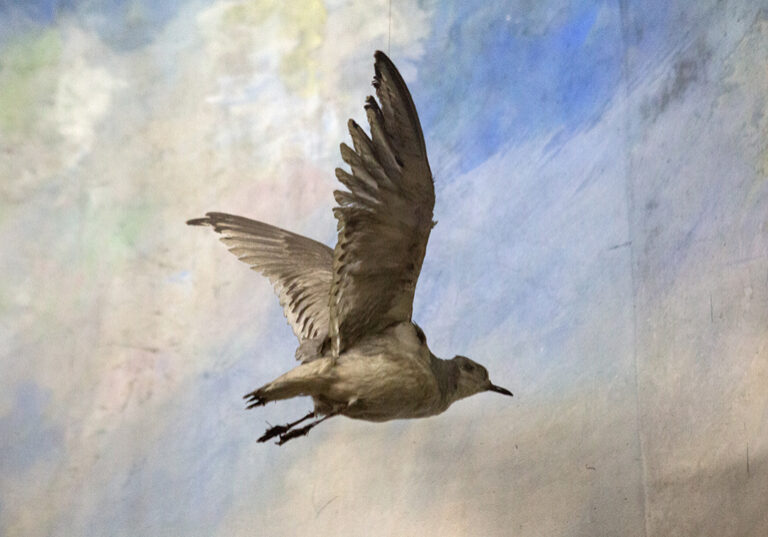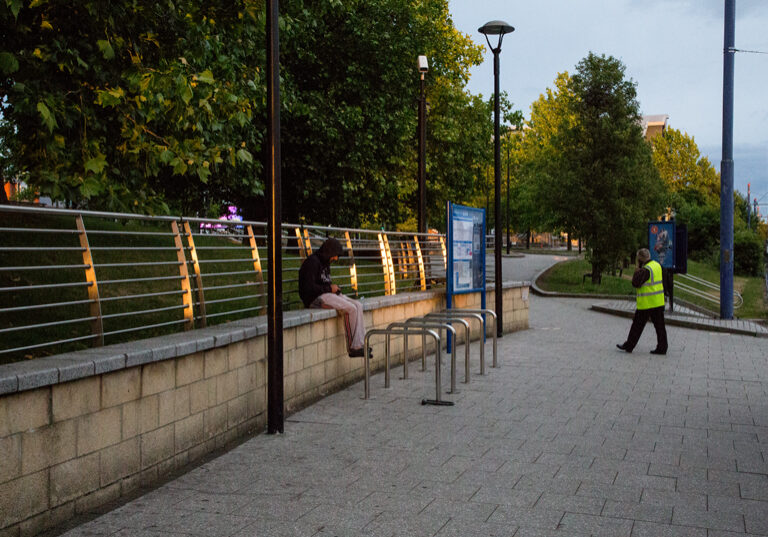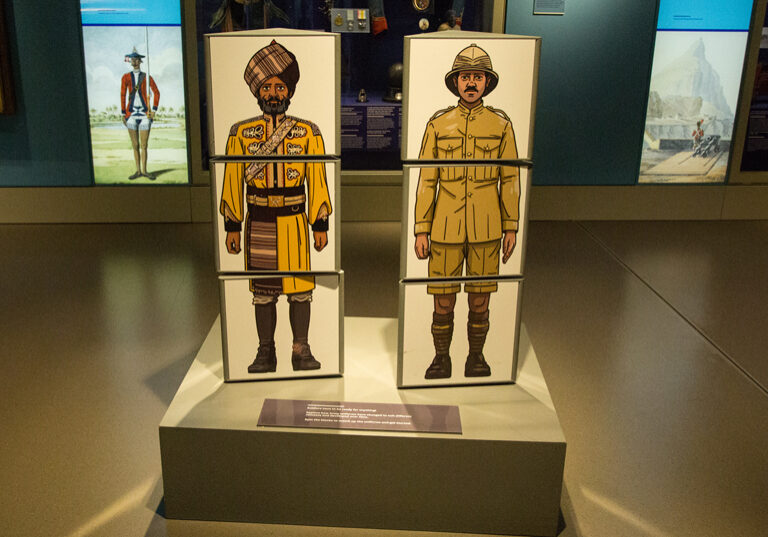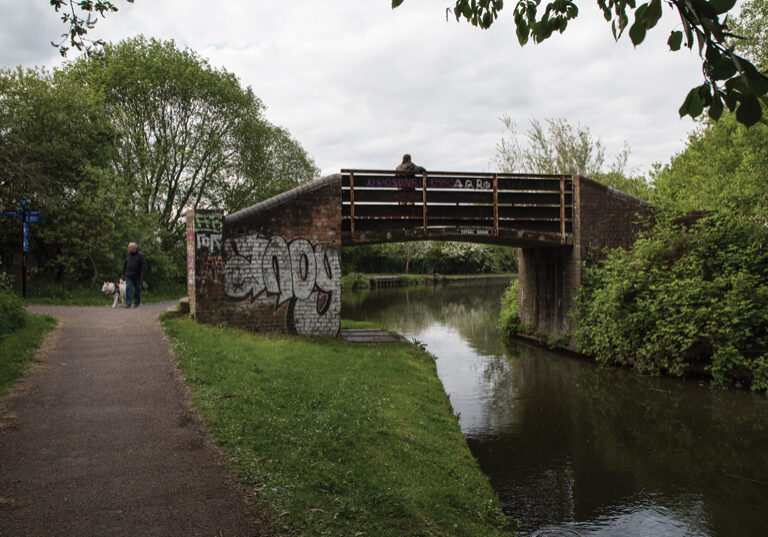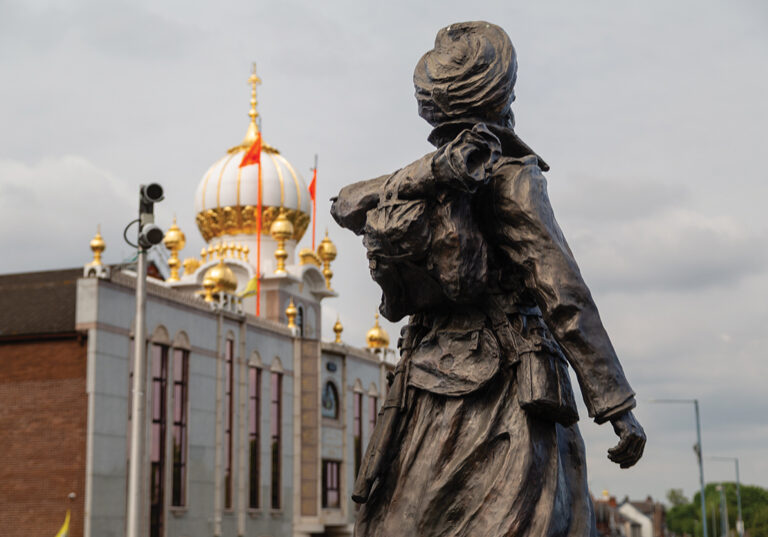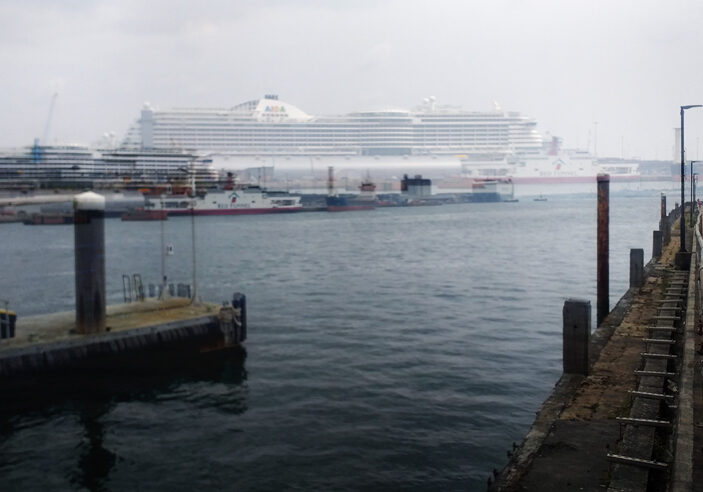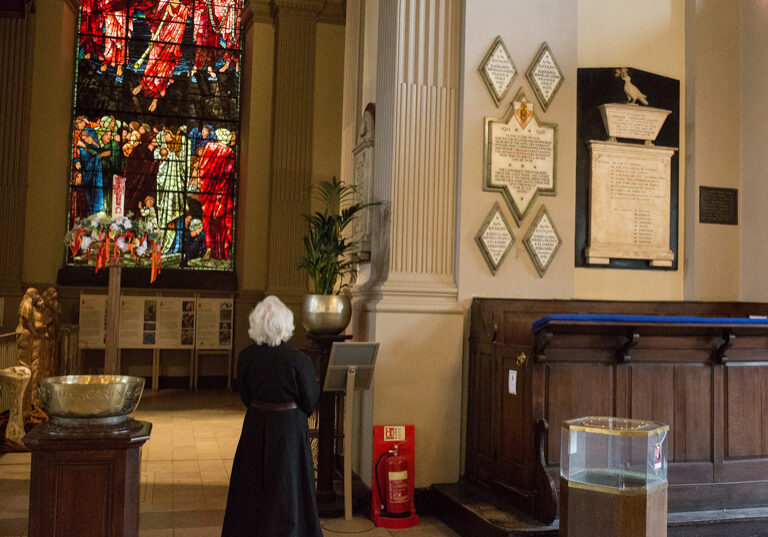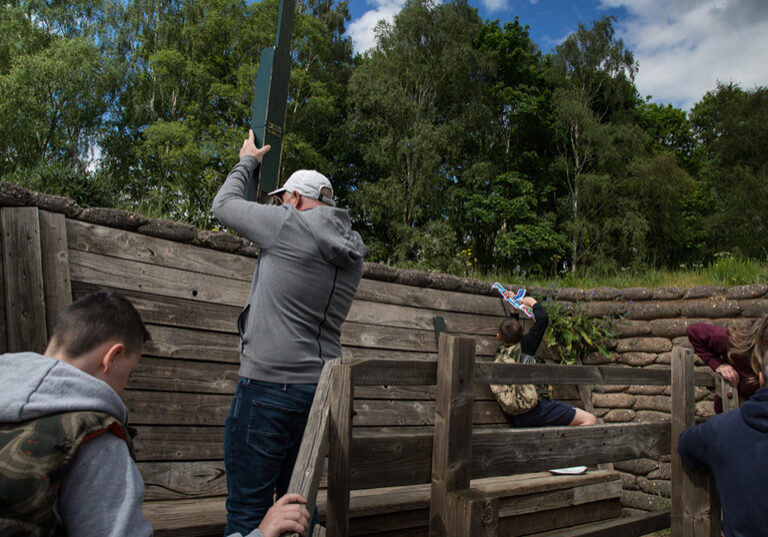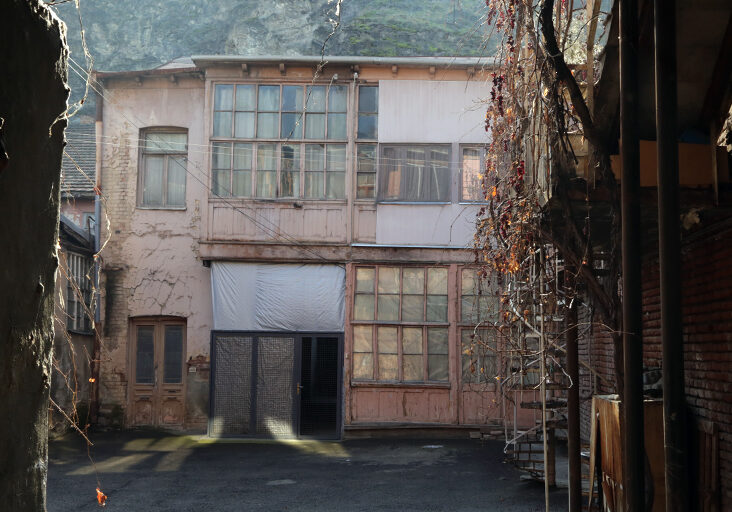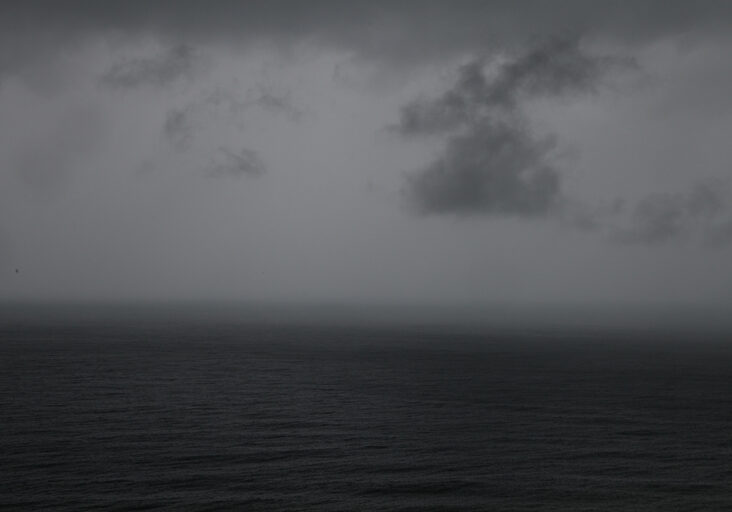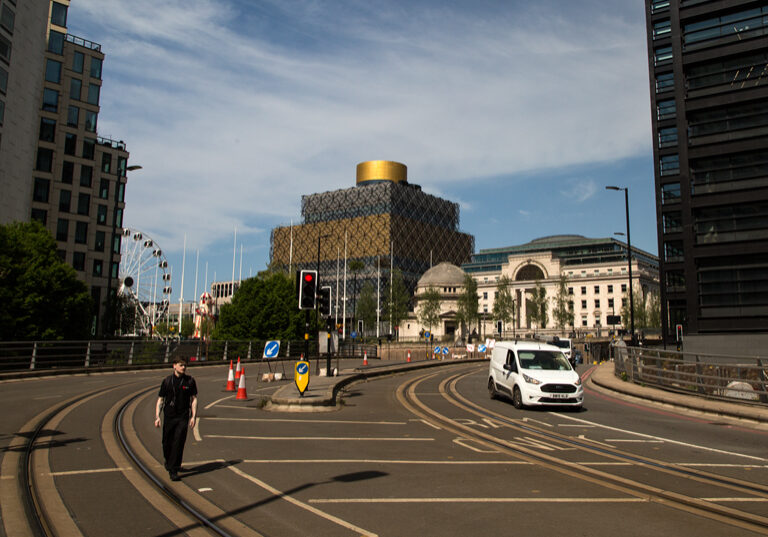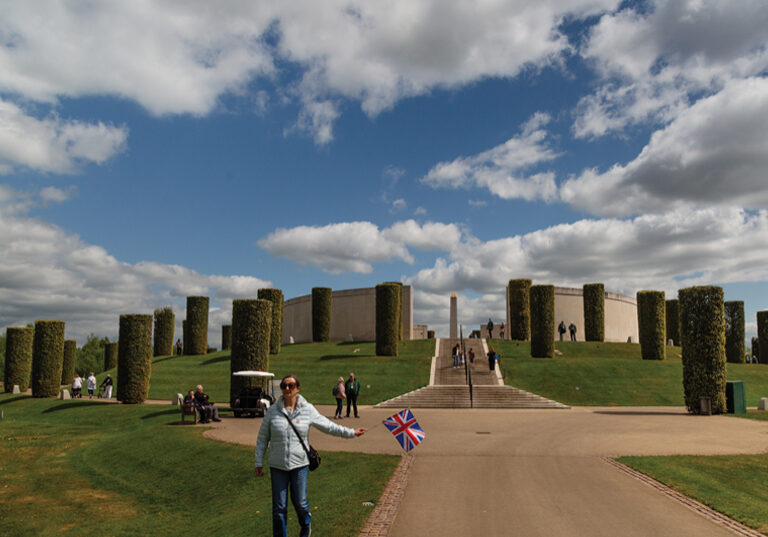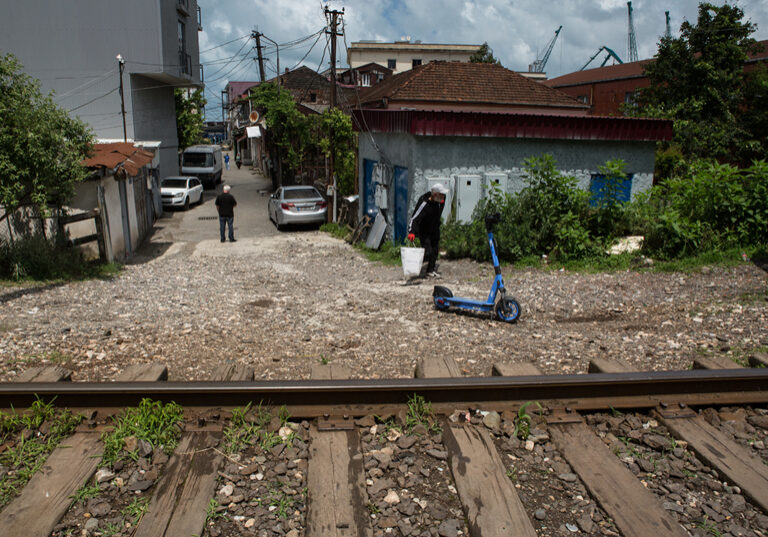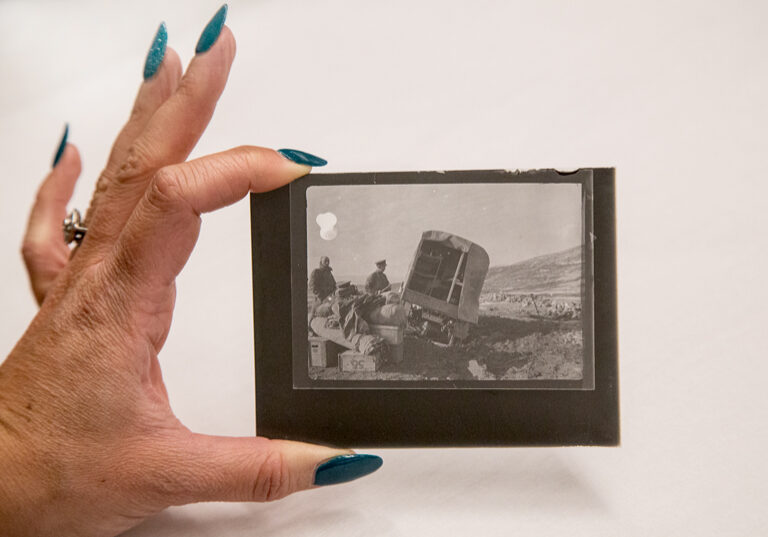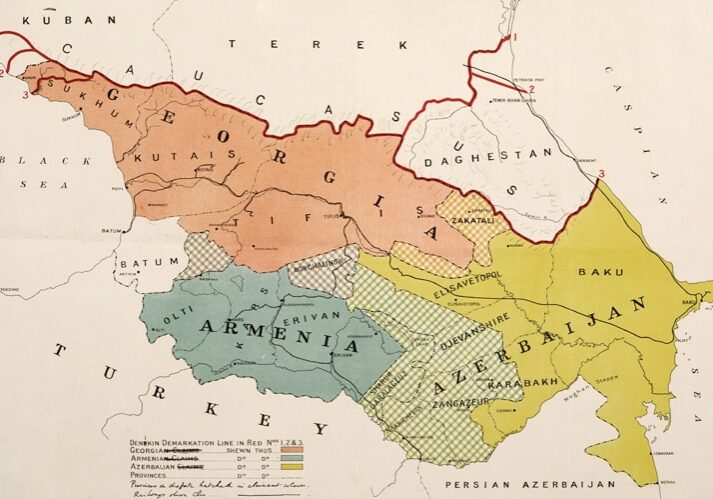Image: Mountains near Mestia in northwest Georgia.
A land far off, and higher as they drew
A low green shore, backed up by mountains blue,
Cleft here and there, all saw, ’twixt hope and fear
– The Life and Death of Jason, William Morris, 1867.
In the latter part of the 19th century, the Caucasus was well known to British Alpinists and to retired military officers who toured around the region, as well as a variety of curious travellers. Clinton Dent, an English surgeon and mountaineer, who climbed these mountains in the 1880s, encouraged others to do so. He wrote: “ If you worship the mountains for their own sake; if you like to stand face to face with nature, where she mingles the fantastic and the sublime with the sylvan and the idyllic – snows, crags and mists, flowers and forests – in perfect harmony; where she enhances the effect of her pictures by the most startling contrasts, and enlivens their foregrounds with some of the most varied and picturesque specimens of the human race – go to the Caucasus.
Henry Norman, a journalist who later became a Liberal Member of Parliament for Wolverhampton, made four journeys across the Russian Empire at the end of that century. He described his experiences in ‘All the Russias’, published in 1902. Of the Caucasus he said: “A botanist’s paradise as well as a philologist’s nightmare...”
In 1911, Algeron Blackwood used the Caucasus partly as a setting in his book ‘The Centaur’. There he wrote:
“The sultry, enervating heat of the day had passed and a cool breeze came shorewards over the Black Sea. With a box of thin Russian cigarettes before him he lingered over the golden Kakhetian wine and watched the crowded street. Knowing enough of the language to bargain smartly for his room, his pillows, sheets, and samovar, he yet could scarcely compass conversation with the strangers about him. Of Russian proper, besides, he heard little; there was a Babel of many tongues, Armenian, Turkish, Georgian, explosive phrases of Svanetian, soft gliding Persian words, and the sharp or guttural exclamations of the big-voiced, giant fellows, all heavily armed, who belonged to the bewildering tribes that dwelt among the mountains beyond. Occasionally came a broken bit of French or German; but they strayed in, lost and bizarre, as fragments from some distant or forgotten world.”
Postcard, late 19th century.
Agnes Herbert, traveling with her husband Kenneth, recalled in her 1912 memoir, ‘Casuals in the Caucasus: the diary of a sporting holiday’:
“Does not the very name breathe the weird suggestive mystery of a primitive environment, the rough-hewn fascination of barbaric peoples? Nowhere else in all the world can be found so myriad-minded and romantic a land, so many-sided, so rich in colours and fertile in forms. Here is rural England, there the green and gold of brackened Scotland, farther seems the great wide African veldt, or the misty haze of deserts where flumes of sand rise slanting to the sun. And on the near horizons, their lofty peaks wrapped about in an everlasting snow mantle, rise sombre, majestic reminders of the dark and silent North. ”
Stephen Graham, a bored civil servant in London, said he became fascinated by Russia after buying a second-hand copy of Dostoevsky’s ‘Crime and Punishment’. He learned Russian and in 1909, while in his mid-20s he travelled the area, mostly on foot, writing about it in his 1911 book ‘A Vagabond in the Caucasus - With Some Notes of His Experiences Among the Russians’.
He recalled one night in Batumi, drinking with an ex-priest late into the night. When he tried to take his leave the old man told him: “Late, late; nonsense, we're all late, none of us are late. Who talks of lateness in Russia! Night is the time for man; it is only the cattle who sleep in the night. Sit down, Stefan Petrovitch, drink a glass of vodka and let us talk of destiny. Why do you waste the golden years of your youth in our accursed country? If I had your years and was an Englishman, nothing would tempt me to cross the English Channel. I give you my advice: live a quiet life, don't think about other countries, don't even think of your own country, don't get interested in politics.”
